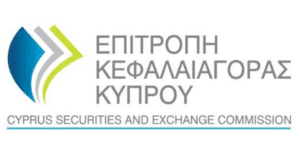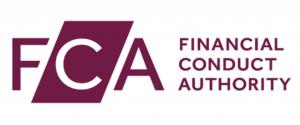ASIC has released a consultation paper Product intervention: OTC binary options and CFDs on proposals to use its product intervention power to address significant detriment to retail clients resulting from over-the-counter (OTC) binary options and CFDs.
The Australian market for binary options and CFDs is growing rapidly, with the number of clients more than doubling in the past two years to one million clients (99% are retail clients and the majority are based offshore). Licensed issuers of these products conducted 675 million trades with clients last year and earlier this year held $2.9 billion of client money for trading.
ASIC is concerned that retail investors have suffered, and are likely in the future to suffer, significant detriment from binary options and CFDs.
A review conducted by ASIC in 2017 found that: 80% of clients who trade binary options lose money; 72% of clients who trade CFDs lose money, and 63% of clients who trade CFD over currency pairs lose money.
ASIC Commissioner Cathie Armour said, "For many years ASIC has taken strong action to protect consumers of binary options and CFDs, using the range of regulatory tools available to us. However, we are concerned that consumers continue to suffer significant harm from trading these products.
"A complete ban would prevent retail clients from losing money trading binary options. We believe binary options provide no meaningful investment or economic use and have product characteristics similar to gambling products," Commissioner Armour said.
ASIC seeks the feedback on its proposed product intervention orders by 1 October 2019.




